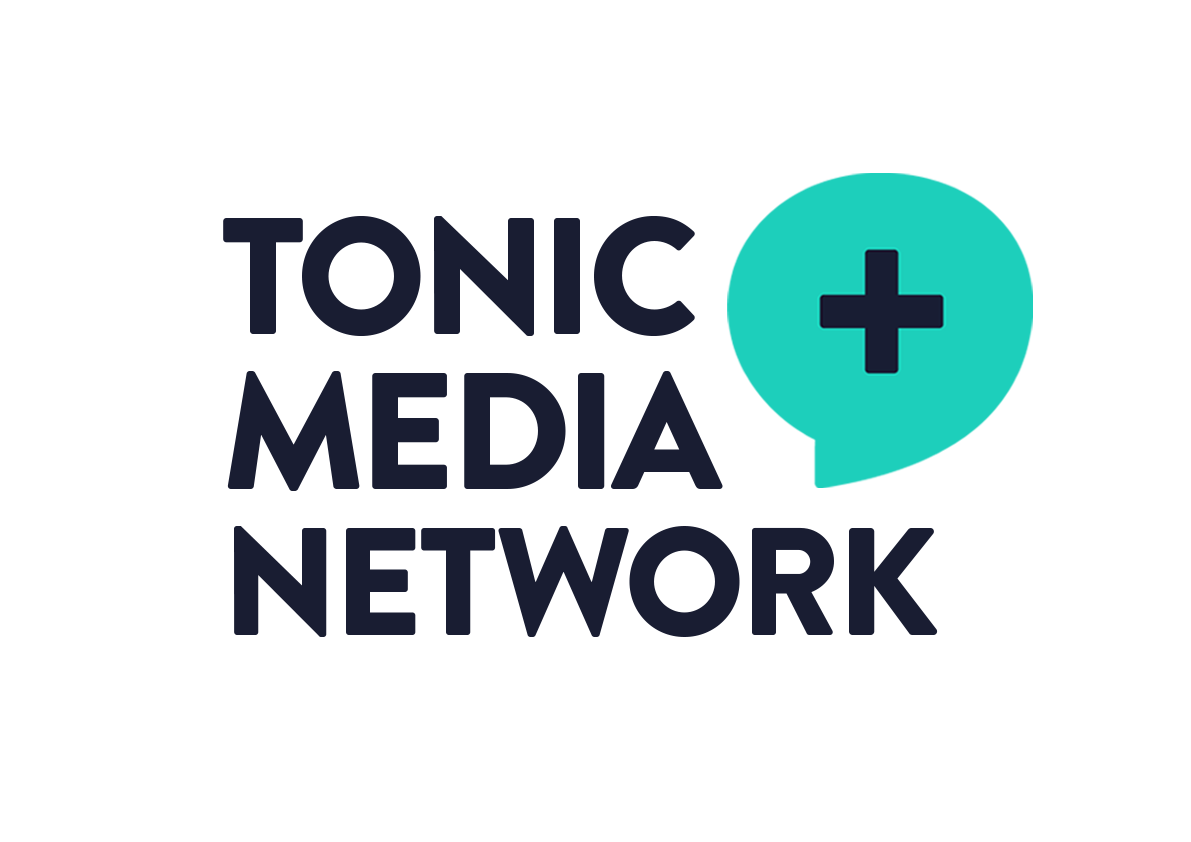From the of 10th December of this year, social media platforms will be required to restrict access to users under the age of 16. According to the eSafety Commissioner. The platforms include those where:
- the sole purpose, or a significant purpose, of the service is to enable online social interaction between two or more end-users
- the service allows end-users to link to, or interact with, some or all other end-users
- the service allows end-users to post material on the service. (source: eSafety Commissioner)
Tik Tok, YouTube, Instagram, Facebook and Snapchat are among the major platforms covered by this legislation. Key for parents to know is that neither they, nor their children under 16, will be committing an offence by simply accessing these sites. The obligation is entirely on the platforms themselves.
If you’ve been following the debate on this world-leading legislation, you’ll know it’s been controversial and contested. The first thing to say is that pretty much anytime a new public health measure is proposed, the affected industry launches a public relations campaign to seed doubt and call for solid evidence.
What’s at play here is the Precautionary Principle. This applies to potential health or environmental threats where there are reasonable grounds for concern, but solid scientific evidence is either years away or very hard to obtain and where removing that threat is unlikely to do harm.
The evidence that this age restriction policy is worth pursuing is an unprecedented rise in both anxiety and eating disorders in children and young people, which looks as though it began at almost the same time as social media took off and accelerated. This association does not prove cause and effect, but the timing is striking.
Online bullying, and something called ‘upward comparison’ are at the core of the concern. Bullying speaks for itself, but upward comparison is where you compare yourself to your peers, or in the case of social media – influencers. There’s always someone richer, better looking, more physically fit, more charismatic than you – and that creates anxiety, depression and conditions such as eating disorders.
There has always been upward comparison, but social media platforms amplify it at scale. And this is at a time when young people’s brains are highly plastic and can be moulded for the rest of their lives.
However, these rises in mental health issues are far more complex, and parents shouldn’t believe that the social media age restriction is going to make all these problems go away. Today’s kids are growing up in a challenging world: anxiety about climate change and natural disasters, witnessing the financial and housing affordability stress of their parents, not to mention relationship breakdown. For many young people, the future looks uncertain.
The bottom line is that it makes sense to age restrict social media, but it doesn’t get us out of the responsibility to make our kids’ futures more positive.
Read time: 2 minutes
What should Practice Connect cover next?
Suggest topics, share challenges, or tell us what your practice needs to know.
